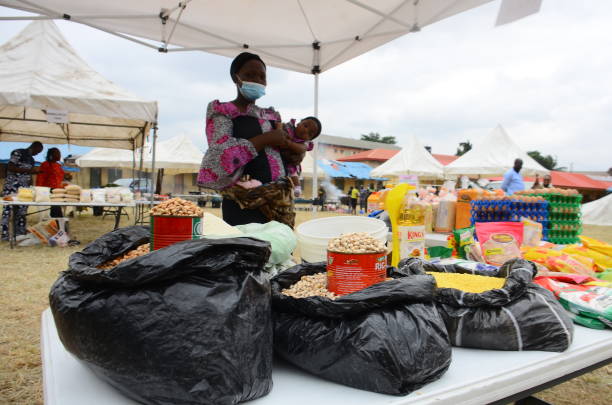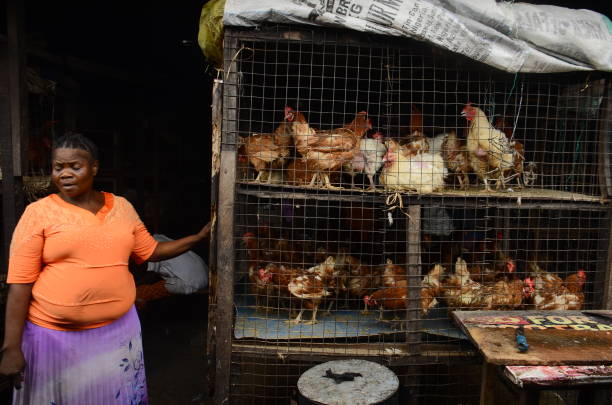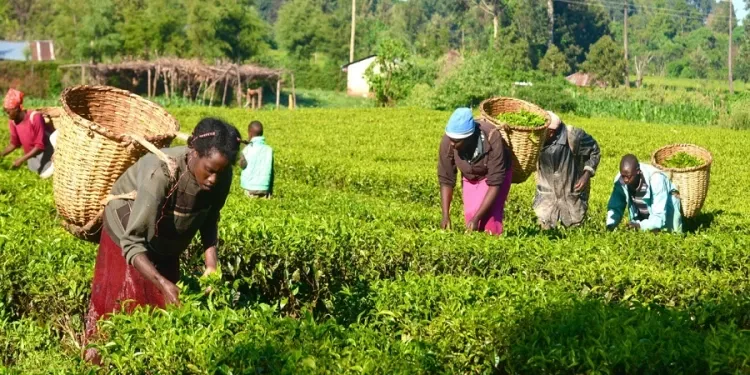The Federal Government has disclosed that the total cost of post-harvest losses in Nigeria’s agriculture industry is N3.5 trillion.
This was disclosed by the Minister of State for Agriculture and Rural Development, Mustapha Shehuri, at a presentation of the International Standard Organisation (ISO) Certification for Nigerian Stored Products Research Institute in Abuja.

He also added that for fruits and vegetables, losses could be as high as 50 – 60%.
Read Also: 'It Started From Nothing.' Black NFT Artists on Inheriting the Legacy of Hip-Hop and Jazz
What the minister is saying
The Minister represented by Mr Shehu Bello, the Director, Lands and Climate Change Management Services in the ministry, said, “Post-harvest losses is a worrisome situation that threatens Nigeria’s Food Security.
“In fruits and vegetables, it could be as high as 50 – 60% if poorly managed, unfortunately not much attention is paid to address this problem as much as it is done for production.
”The economic cost of post-harvest losses as reported by our partner, Action Aid indicates that N3.5 trillion is lost annually due to post-harvest losses. This has a negative effect on agricultural component Gross Domestic Product (GDP).

He added that ISO 1705 accreditation is proof that the Ministry now has a laboratory that is acceptable for quality management system in place with the ability and competence to provide testing and calibration results.
”Let me also remind you that this accreditation is not for life and could be withdrawn for any stretch of sub-standard practice, hence the institute must sustain, maintain, and improve on the service delivery.
“The Federal Ministry of Agriculture will continue to support and ensure that this institute and indeed other research institutes are regularly funded to execute their mandates.”




